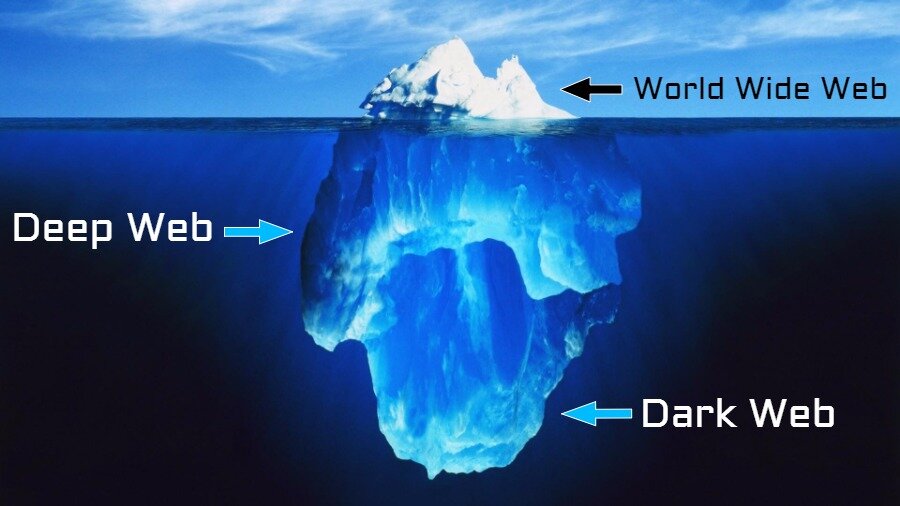The rise of the darknet marks a profound shift in how information is exchanged securely across the globe, spearheading what can be described as a confidentiality revolution. This hidden layer of the internet, accessible only through specialized tools, has evolved into a digital sanctuary where privacy and anonymity take precedence. While often associated with illicit activities, the broader impact of the darknet on secure communications and data protection cannot be overlooked. It offers a decentralized and often untraceable platform for users to communicate, collaborate, and share information away from the surveillance mechanisms embedded in the surface web. For many, especially those living under oppressive regimes or in environments where free speech is stifled, the darknet provides a lifeline to the outside world. Journalists, activists, whistleblowers, and dissidents utilize these networks to exchange sensitive information without fear of identification, retaliation, or censorship. The confidentiality revolution fueled by the darknet challenges traditional paradigms of data control and surveillance.

The darknet, with its use of layered encryption and decentralized hosting, ensures that users can retain control over their digital identity and the information they share. This has led to a surge in the development of privacy-focused technologies, many of which borrow principles from the darknet’s infrastructure. From encrypted messaging services to decentralized file storage solutions, the core philosophy remains the same: empower the user by safeguarding their information. Furthermore, the darknet has fostered new models of trust that do not rely on conventional institutions. In anonymous marketplaces and forums, reputation systems are often the sole metric by which users judge credibility and reliability. These systems, though sometimes imperfect, demonstrate that trust can be established without formal identification or centralized oversight. This dynamic redefines how secure relationships and communities are formed in the digital age. Educational platforms, research collaborations, and even humanitarian efforts have found discreet channels through the darknet, allowing participants to engage without fear of surveillance or data breaches.
However, the revolution is not without ethical and legal complexities. The same technology that protects vulnerable voices can also shield malicious actors. The darknet’s dual-use nature presents ongoing challenges to law enforcement and policy makers. Striking a balance between preserving civil liberties and preventing criminal exploitation requires nuanced understanding and responsible governance in Омг ссылка. Nevertheless, the underlying movement toward confidentiality, inspired in large part by the darknet, continues to influence the architecture of the broader internet. It sparks ongoing debates about digital rights, the scope of state surveillance, and the ethics of anonymity. As the digital landscape evolves, the darknet’s role in reshaping the framework for safe information exchange becomes increasingly significant. It exemplifies a growing demand for privacy in an interconnected world, emphasizing the human need for secure, uninhibited communication. This confidentiality revolution, while still unfolding, is laying the groundwork for a future where the right to privacy is not just a principle but a practical reality for individuals across the globe.
